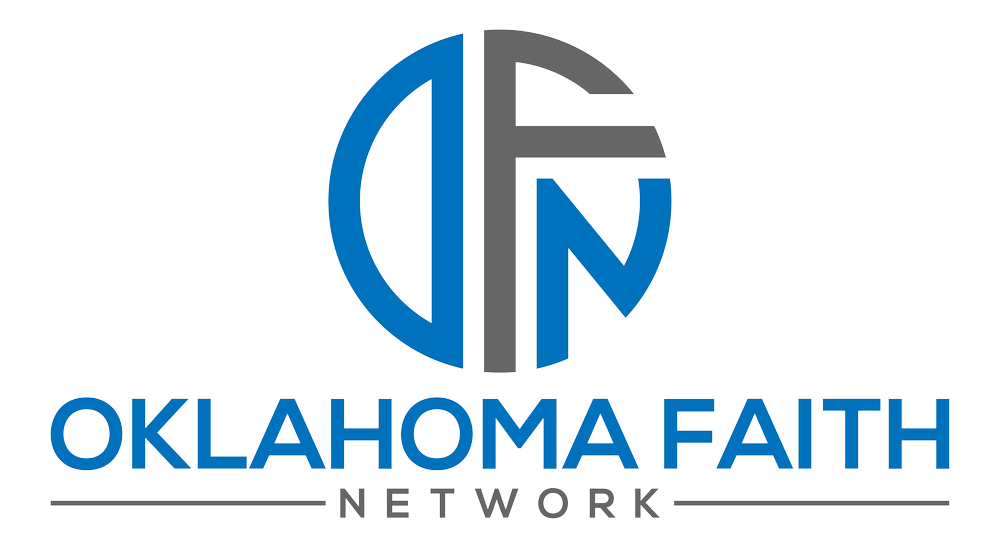Click here to download: September’s CONNECT Newsletter
Download - August's CONNECT Newsletter
Click here to download: August’s CONNECT Newsletter
REPORTED IN THE ENID NEWS & EAGLE: Faith leaders gather to tackle issue of white privilege
Faith leaders from across the state joined a cadre of trainers from the United Church of Christ and Oklahoma Conference of Churches Saturday at First Christian Church of Oklahoma City, to tackle the issue of white privilege and racial justice.
The 45 clergy and lay leaders of a diverse group of denominations signed on for a full day of training to become facilitators in the United Church of Christ (UCC) “White Privilege: Let’s Talk” curriculum, developed in 2016 to improve understanding of white privilege and foster racial justice.
Theological Statement in Opposition to the Death Penalty
We believe all people are children of God and that all life is sacred. We further believe that God through Jesus Christ is the ultimate judge of all wrongdoing. While God knows what is in people’s hearts and actions, we humans are not privy to all such knowledge. We recognize the need for a system of justice to provide for order in and protection of society, but we also believe that we should not usurp the authority of God in rendering final and absolute judgment.
The Bible contains some apparently conflicting views on the issue; however, we are persuaded that the weight of the biblical evidence, especially the New Testament, is against the death penalty. The first account of murder in the Bible is the story of Cain and Abel. Cain fears that he will be killed in retribution for murdering his brother. God puts a mark on Cain so his life will not be taken and pronounces a “seven-fold vengeance” upon anyone who would kill Cain (Genesis 4:15).
The “eye for eye” and “tooth for tooth” language, found three times in the Old Testament, is often cited as support for the death penalty. However, its purpose was to limit violence, not encourage it. Retribution was restricted to “only an eye for an eye.” Jesus, in the Sermon on the Mount, refers to this Old Testament “law” (Matthew 5:38) but, in the process of clarifying and explaining the full meaning of the principle behind the law (5.17), exhorts the victim of violence to “turn the other cheek” rather than seek retaliation (5:39-42). Jesus’ interpretation of the so- called Lex Talionis is that a violent response to wrongdoing is neither required nor appropriate. People who pray “the Lord’s Prayer” asking God to forgive them their sins as they forgive those who sin against them, should not only “turn the other cheek” but also not demand “an eye for an eye” (or “a life for a life”)—even though emotionally they might want to do so.
We acknowledge the pain and suffering of the victims of the crimes for which the death penalty is usually given. We pray for these victims and support them and their families pastorally. We also acknowledge, on the basis of Christian tradition, the necessity of civil authorities to protect and safeguard society. We believe, however, that it is possible to do so without having to resort to capital punishment. The finality of execution (sometimes even of persons innocent of the crime with which they have been charged) runs counter to the principle of restorative justice. No matter how heinous the crime, the criminal is still a person created in the image of God, and the potential recipient of redemption and forgiveness.
“Renunciation of violence” is a central ethical precept of the New Testament. Violence begets violence, including when perpetrated for seemingly “good reasons.” Therefore, on purely biblical and theological grounds, we oppose the death penalty. We call on the Oklahoma Criminal Justice authorities, in continuing to ensure the safety of society, to use means other than capital punishment, following the example of those states in the U.S.A. which have already abolished the death penalty. We also call on the Oklahoma Legislature to introduce and pass a bill abolishing the death penalty in Oklahoma.
Originally written and adopted by OCC in Fall 2016
